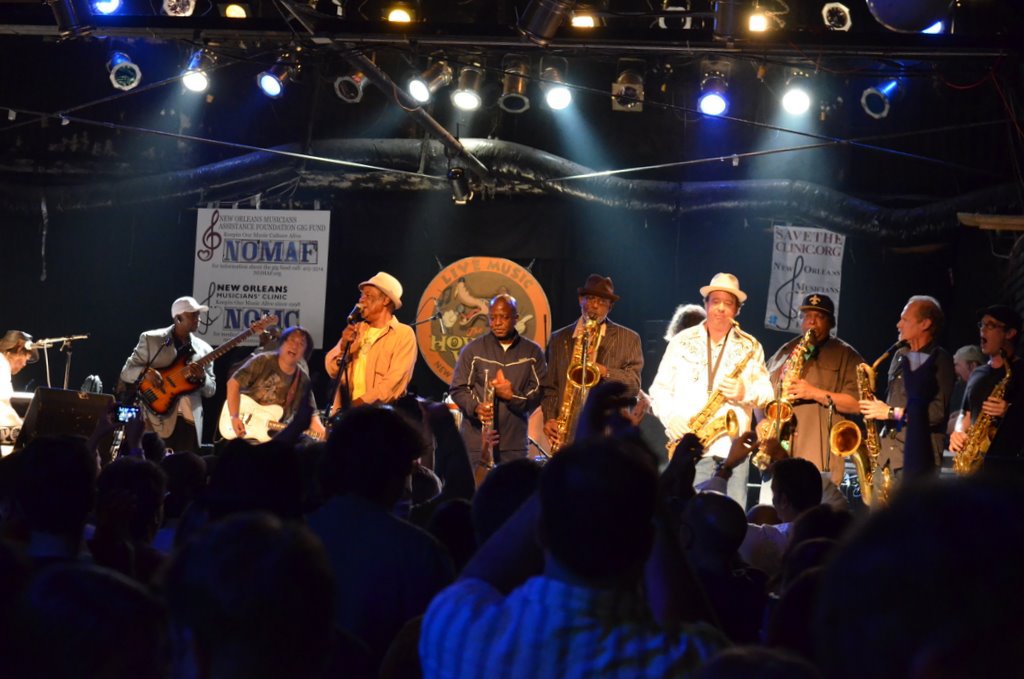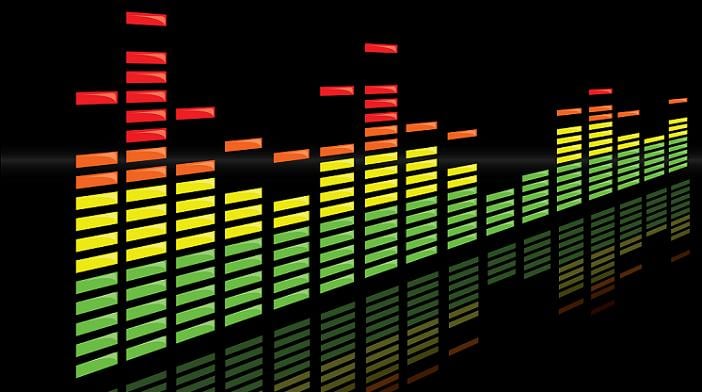 NOMAF's Down on the Bayou benefit concert (image source: nomaf.org)
NOMAF's Down on the Bayou benefit concert (image source: nomaf.org)
The New Orleans Musicians Assistance Foundation operates strictly in accordance with its title. And it just so happens that its title is a pretty broad one. In addition to being an actual health care provider, through its relationship with the New Orleans Musicians Clinic, the foundation also provides critical assistance such as rent, utility payments and actual performance fees for musicians meeting its criteria for help. President and Director Bethany Bultman is an upfront spokesperson for the foundation, and through the course of our conversation it was clear that she’s not only one not to mince words but also an ardent advocate for the musicians of New Orleans.
What does The New Orleans Musicians Assistance Foundation do to get musicians the help they need?
We are a [care] provider, not just a social advocacy organization. What we do is provide the healthcare services. Where the advocacy comes is in, say, Musician A has diabetes and is then diagnosed with cancer. We’re treating that. But he’s not gonna be able to perform for six months while he’s having chemotherapy. So what we need to do is put a team together to make sure his rent is covered. That falls outside his medical needs, but not his need to be sustained while undergoing care.
Tell me a little bit about your partnership with The Actors Fund. Why did you decide to work with them?
The Actors Fund in New York is the best resource… for information concerning the Affordable Care Act and insurance issues surrounding musicians. I knew about The Actors Fund before, but after Katrina I really modeled so much after them. I went to them for advice. You know, we work very closely. So if we have a musician, particularly an elder musician that has a lot of long-term needs, what our social worker will do is call the social services team at The Actors Fund – which is quite big – and talk to them, and also with MusiCares and the Jazz Foundation of America. They will create a case management team so that we use the resources of other organizations. We say [to other organizations], “This is what we can do. Can one of you do the rent and some of the physical therapy in addition to what we're already doing?” So, we're the main case managers if they're our patient, but we look at all the resources that might be available.
So you're not limited to the resources you have right there in New Orleans?
Well, we can’t be. We have 2,500 patients. When our governor Bobby Jindal turned down Medicaid expansion… 80% of the people that we take care of fall into the category coined by a Harvard professor as the “sacrifice zone.” They make too much to qualify for state Medicaid and too little to qualify for Obamacare.
I noticed that the New Orleans Musicians Assistance Foundation actually pays musicians to play at events like Jazz In The Park and at homeless shelters. How does that directly relate to your mission?
[Legendary New Orleans musician] Dr. John said after Katrina, “The biggest thing you can do for musicians is give them hope. If musicians are not working as musicians, it affects their general health.” And that’s totally true. Our mission is to sustain New Orleans musicians in mind, body and spirit. So the best thing we could do after Katrina was pay $100 a [player] and per gig. [They] had to go out and find a gig where the [club] owner would let them play, but on the honor system that when the club [came back into profitability] you’d have a paying job there…. This system meant that bands could get back together and start building up gigs.
Are there specific challenges that New Orleans musicians face that musicians elsewhere might not face?
The challenges that they have are particular to New Orleans. If you go to the Center for Disease Control healthcare report card and look up Orleans Parish, it has healthcare indicators that rival third world countries. African American males in southern Louisiana have the highest rate of lung cancer in the world. It’s like our population has a target on their backs. So a lot of those factors that make New Orleans the birthplace of American music are bringing with them cultural and genetic risks that make an early grave for anyone that loves New Orleans and lives here. Then you add to that a Republican governor who is closing mental health institutions and denying Medicaid. So it’s very daunting to realize the risks that are faced by our patients. But I also have to say, when I look at how far we’ve come and how we were able to come back after Katrina, I know that we will meet this challenge. We do not have a philosophy of sitting back and saying, “Oh my God, the world is gonna come to an end.” We go, “Okay, everyone is facing this. What can we do?” There is no manual that says what we can do. But we have to be hopeful, we have to be patient, and we have to show up. That’s our rule: show up.







